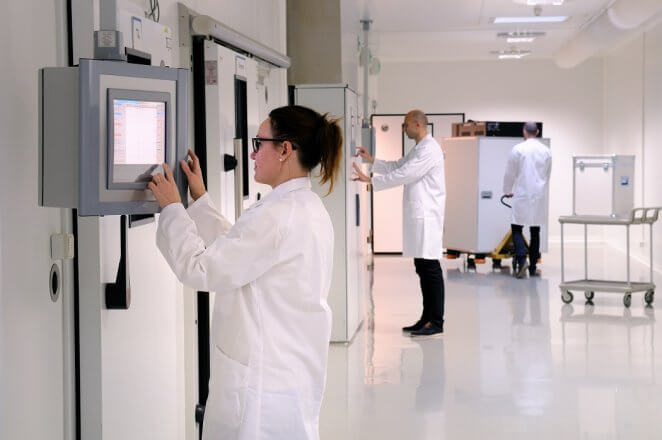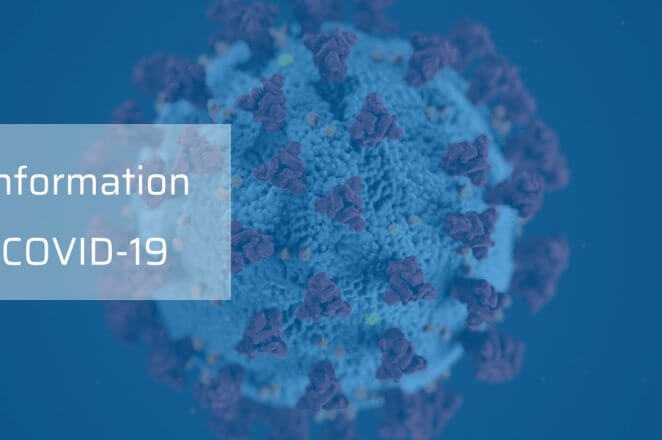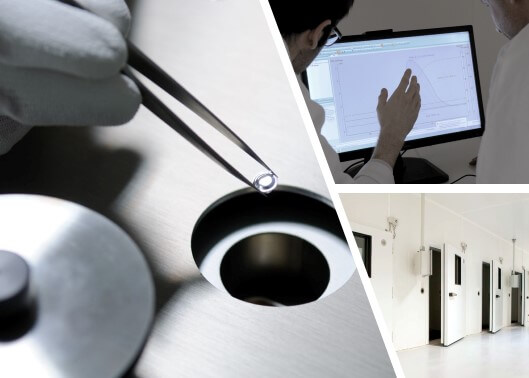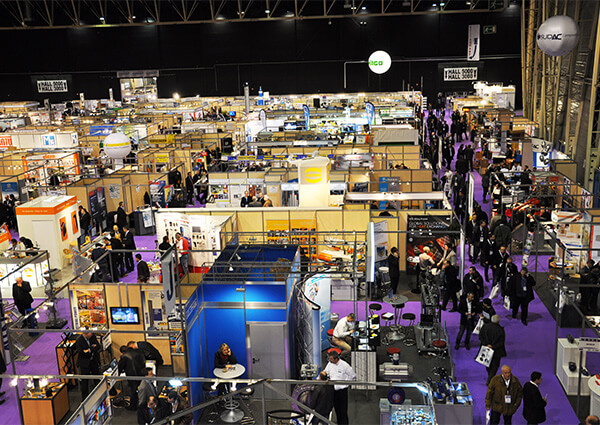
Need help? We are available to provide information.


 +33 (0)3 59 25 05 21
+33 (0)3 59 25 05 21


 Contact us by e-mail
Contact us by e-mail


 Ask for a quote
Ask for a quote
Need help? We are available to provide information.


 +33 (0)3 59 25 05 21
+33 (0)3 59 25 05 21


 Contact us by e-mail
Contact us by e-mail


 Ask for a quote
Ask for a quote
The calorimetric testing of a phase-change material characterises energy phenomena in relation to its change in temperature.
Assess the behaviour of your material during temperature fluctuations
Calorimetric testing of a material is a measuring technique which assesses the thermal characteristics of materials through the observation of phenomena such as glass transition or phase-change. It also characterises the physical values associated with these phenomena (glass transition temperature, melting point, specific heat, etc.) A qualitative study of the results assesses the stability of the phase-change material, its purity and even its level of cross-links in order to select the most efficient materials.
What is the principle of the measurement?
It works according to the principle of differential calorimetry: a change of temperature is applied to a test and control sample in order to measure a thermal flow differential in respect of time or temperature.
This measurement is characterised in the form of a graph. It indicates the temperature at which different energy releasing or absorbing phenomena occur (phase-change, glass transition). Consequently, it calculates the amount of energy corresponding to these phenomena.
What data are captured during calorimetric testing?
Calorimetric testing can provide physical data:
– the melting point of a phase-change material or the glass transition temperature of a solid.
– the latent heat of a phase-change material and the specific heat of any material
It can help assess:
– the stability of a material undergoing multiple transformations (phase-change),
– the purity of a material,
It also provides an opportunity to carry out oxidation tests to determine the temperature from which a material in contact with oxygen begins to oxidise.
Temperature range
from – 70 °C to + 600 °C
Resolution :
0.25 μV
Enthalpy accuracy
< 1 %



